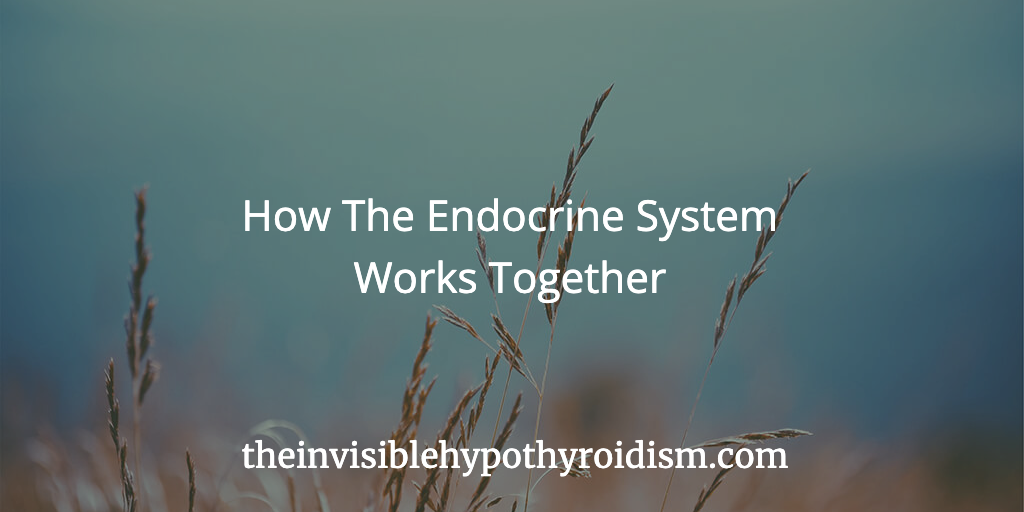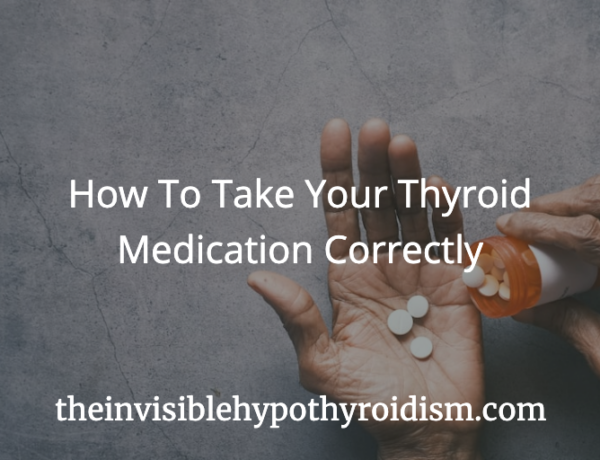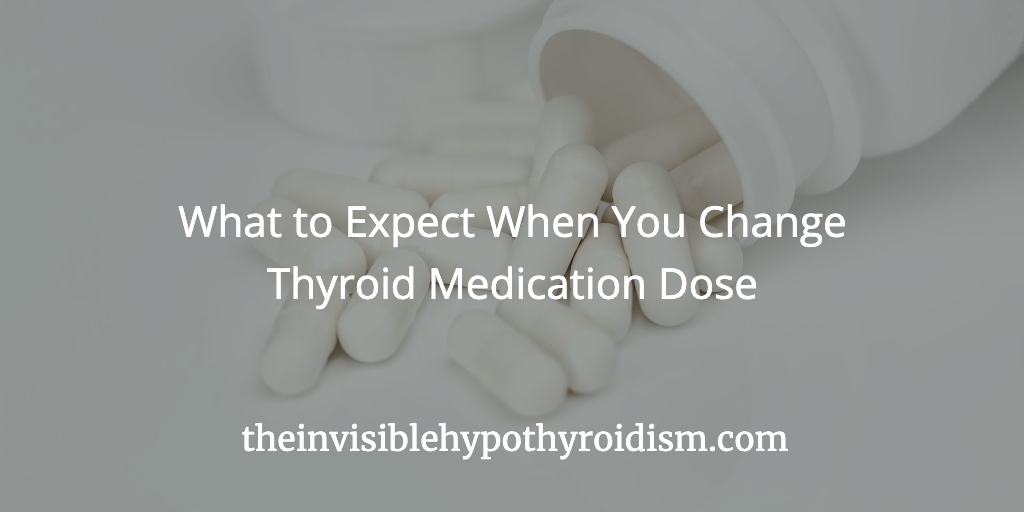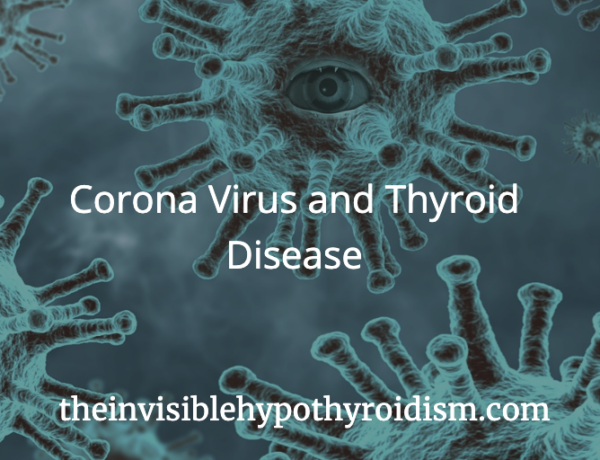The endocrine system is made up of glands that produce and secrete hormones. These hormones regulate the body’s growth, metabolism and sexual function.
The endocrine system includes the hypothalamus, pituitary, thyroid, parathyroids, adrenals, pineal gland, and the reproductive organs (ovaries and testes). The pancreas is also a part of this system; it has a role in hormone production as well as in digestion.
The Thyroid in The Endocrine System
The hypothalamus sends a signal to the pituitary gland, which stimulates the pituitary to secrete TSH. This TSH then tells the thyroid gland to secrete hormones, such as T3 and T4.
So imagine it like this (simplified):
Hypothalamus (sends signal to) > Pituitary (sends signal to) > Thyroid
The hypothalamus and the pituitary gland work to ensure the thyroid functions correctly, releasing the hormones (T3 and T4) and the amounts of them that we need, in order to feel well.
However, having hypothyroidism, this doesn’t always happen.
A problem can be that the hypothalamus, the pituitary or the thyroid itself is not doing its job in this sequence.
In primary hypothyroidism, your thyroid is being stimulated properly, but it isn’t producing enough thyroid hormones (T3 and T4). This means that the thyroid itself is the source of the problem. This is what most of us with hypothyroidism have.
In secondary hypothyroidism, the pituitary gland or hypothalamus isn’t stimulating the thyroid to produce enough hormones. In other words, the problem isn’t with the thyroid, but the pituitary or hypothalamus. This is much less common. An example is hypopituitarism.
Primary hypothyroidism is the most common type of hypothyroidism, with the autoimmune disease Hashimoto’s Thyroiditis being the main cause (at around 90%) of primary hypothyroidism cases. Both secondary and primary hypothyroidism are usually treated using thyroid hormone replacement medication.
The Adrenals
The adrenal glands are also part of the endocrine system, so it’s understandable that when thyroid function goes wrong, i.e. is under attack from Hashimoto’s and not properly managed, that the adrenal glands can also feel the strain.
Adrenal dysfunction symptoms include tiredness, sleep disturbances, heat intolerance, sweats/flushes, weight gain especially around the stomach, anxiety and feeling irritable.
You can complete a 24-hour four-point saliva test to determine if you have adrenal dysfunction and then work on addressing it, if so. You can find testing options here.
If you have adrenal issues, you will need to correct them in order for your thyroid medication to work to its full potential, and if you have thyroid problems, you need to ensure that it is managed properly to minimise stress done to the adrenals.





